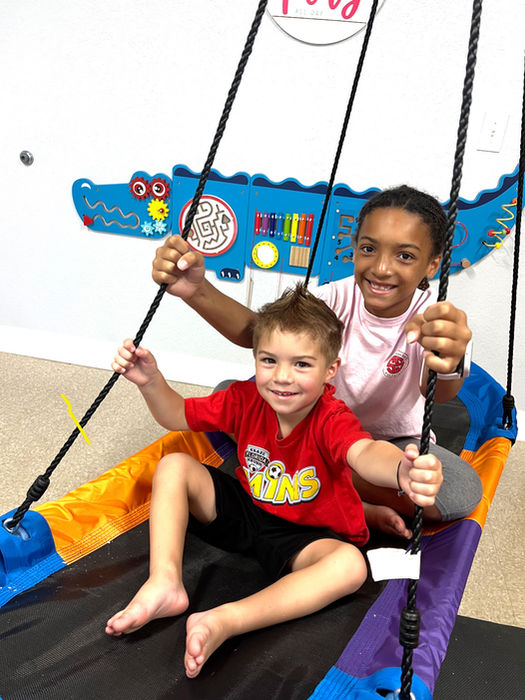top of page

Helping Little Voices Grow!
TheraBuddies provides pediatric speech and language pathology services to children birth to 21 years of age specializing in Early Language and Articulation Therapy. Our ASHA-certified Speech Language Pathologists work collaboratively with Parents, Guardians, educators, and their pediatricians to improve their child’s speech and language abilities when there’s still a high chance for improvement and correction.
About us:



Insurance Accepted






Articulation
Fluency
Receptive Language
Expressive Language
Cognitive Communication
Apraxia
Feeding
Services
bottom of page






